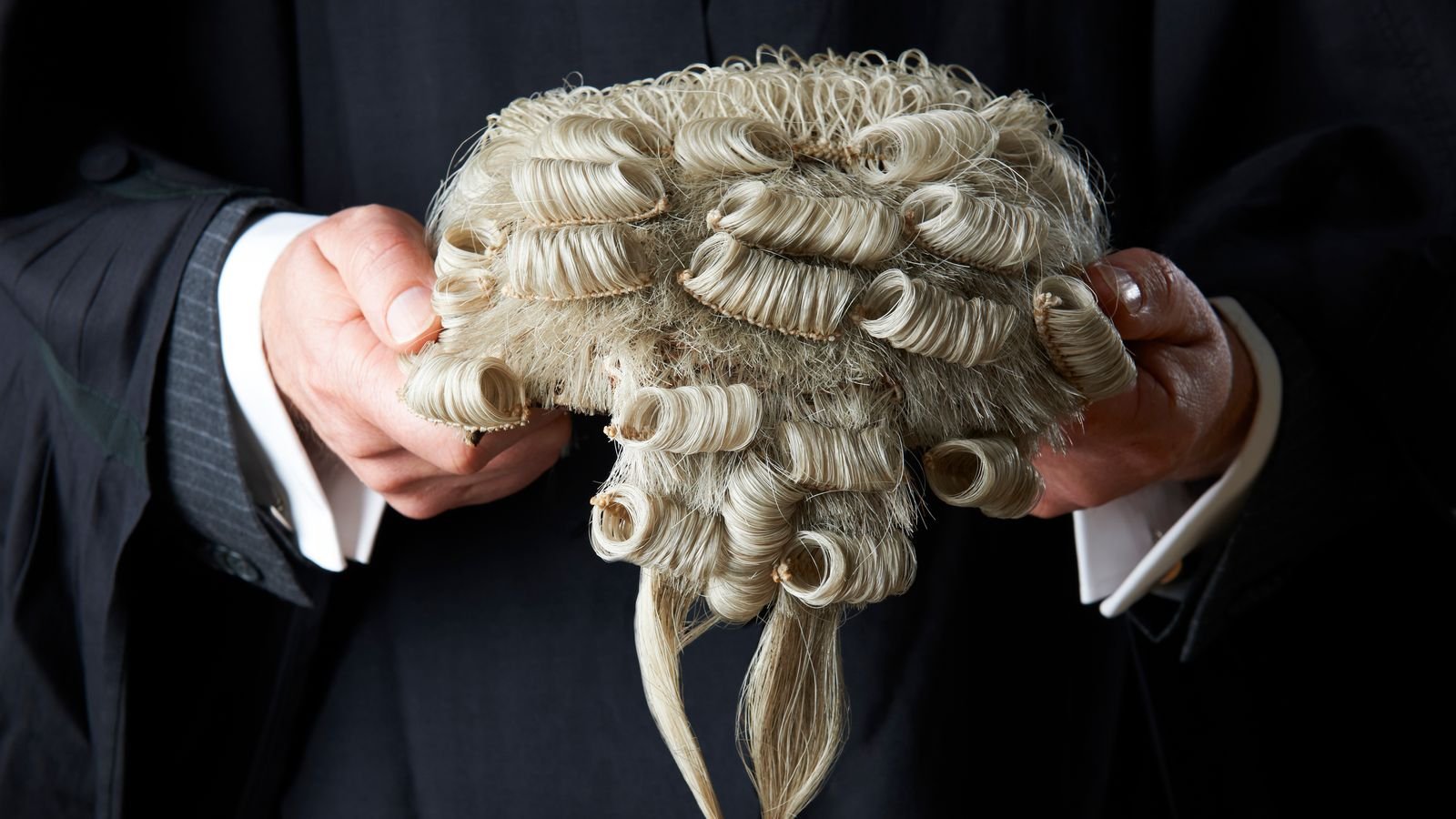
Judicial review is essential to the rule of law.
Judicial review is the legal backbone of the rule of law in the UK — ensuring that even the government must act within the bounds of law, fairness, and accountability.

The separation of powers is a vital principle in theory, but in practice it is blurred and flexible in the UK.
The UK’s blurred separation of powers may lack rigid form, but it delivers resilient function — striking a balance between flexibility and constitutional accountability.

The Human Rights Act strikes the right balance between protecting rights and preserving parliamentary sovereignty.
The Human Rights Act 1998 carefully balances the protection of individual rights with the preservation of parliamentary sovereignty, fostering dialogue between courts and legislators without undermining democratic authority.

Parliament remains legally sovereign, but its power is increasingly constrained in practice.
While Parliament remains legally sovereign in theory, its authority today is shaped by a web of political realities, constitutional conventions, and judicial principles that reflect an evolving, not eroded, model of sovereignty.

Is the rule of law meaningless unless it is backed by judicial enforcement?
While multiple institutions support the rule of law, it is judicial enforcement that gives it practical and enforceable meaning.
